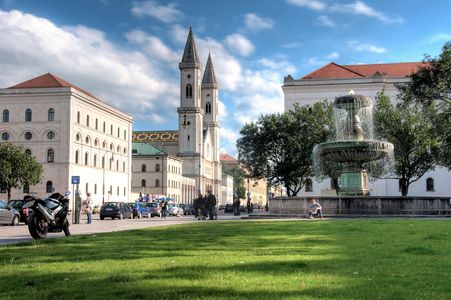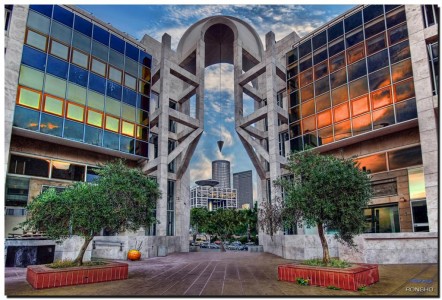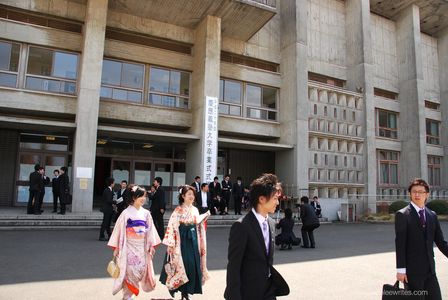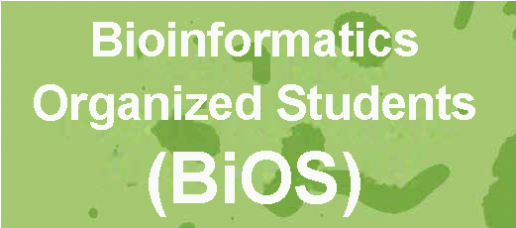International Bioinformatics and Systems Biology Research and Training Program
Workshops
Training Program Description
The Bioinformatics Graduate Program at BU is one of several PhD Programs participating in the International Bioinformatics and Systems Biology Research and Training Program. The project was originally developed as a joint program, by the late Professor Reinhart Heinrich (1946-2006) and Professor Andreas Hermann, both from Humboldt University in Berlin, Germany, in collaboration with Professors Charles DeLisi and Thomas Tullius at BU, with U.S. funding from the National Science Foundation. The Program has grown since 2001, and now includes members of the International Research and Training Program on Bioinformatics and Systems Biology at the Bioinformatics Center at Kyoto University, as well as members of the Human Genome Center at the Institute of Medical Science at the University of Tokyo, the Research Training Group in Computational Systems Biology in Berlin, Germany, which includes faculty and students from Humboldt University, the Freie University, the Charité University Hospital, the Max Planck Institute for Molecular Genetics, and the Max Delbrück Center for Molecular Medicine.
The Program has two components: an annual International Workshop on Bioinformatics and Systems Biology (IBSB) and a Graduate Research Fellowship, which supports students who work on collaborative projects in the labs of participating faculty members for periods of 3-6 months. Read their travel stories below.
The IBSB has been held annually since the first workshop in Berlin in August of 2001, and provides graduate students with opportunities to present and discuss their research objectives, approaches and results in the emerging field of genomics, systems biology and bioinformatics. More than 20 students and faculty from BU Bioinformatics will travel to Berlin in July of 2017 to attend the 17th Annual International Workshop on Bioinformatics and Systems Biology.
International Research Opportunities
The Bioinformatics PhD Program provides international research fellowships to 3rd, 4th and 5th year students. Each fellowship is for 3 months travel to work with a collaborating faculty member at one of our partner institutions.
The Program has partnerships in the following countries:
Austria
Germany
Israel
Japan
United Kingdom
Travel Stories
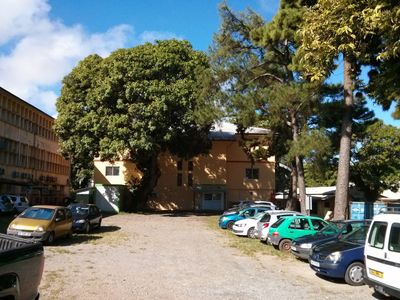
I have spent the last month working in a research lab in the Pasteur Institute in Cayenne, the capital of French Guiana, and also its largest city (population 60,000). Although it is technically part of France (the local currency is the euro), getting around here feels nothing like driving through the French countryside. Cayenne is corralled by the Atlantic Ocean in the North, and dense tropical rainforest in the South. There are only two national highways, one going westward to Suriname, and the other running the opposite direction towards Brazil. Both roads eventually come to an abrupt stop at the national border. To keep going you must cross the swells of a mile-wide river, typically aboard a traditional canoe. It’s high on my list of things to do before I leave.
The Pasteur Institute employs around 80 scientists that work on public health risks (mainly dengue and malaria prevention), as well as basic virology and parasitology research. The lab where I am doing my four-month internship is interested in determining the viral diversity of the bats and rodents living in environments that have been disturbed due to human activities. Several cases of Hantavirus Pulmonary Syndrome have been reported in French Guiana during the past few years, and although rodents are thought to be the reservoir for these viruses, they have not been systematically studied. My lab recently started capturing these rodents, taking blood and tissue samples, and sequencing them using high-throughput technology. My job is to analyze all of the metagenomic data they generated and identify what viruses are present in each sample. Fun stuff!
I might be a romantic, but I have a soft spot for the idea of grabbing my laptop, parachuting into a remote region, collaborating with the local scientists, and contributing to a cutting-edge research question that has important public health implications. A few years from now, if I’m ever down because one of my papers got rejected, or my R01 grant didn’t get renewed, I’ll remember that in the third year of my PhD, the Bioinformatics Program at Boston University thought it was a good idea to send me to the Amazon to look for deadly viruses in jungle rats. I’ll remember this, and I’ll be okay.
Nacho received a BU Bioinformatics Graduate Research Fellowship, which supports students who work on collaborative projects in the labs of participating faculty members for periods of 3-6 months.


